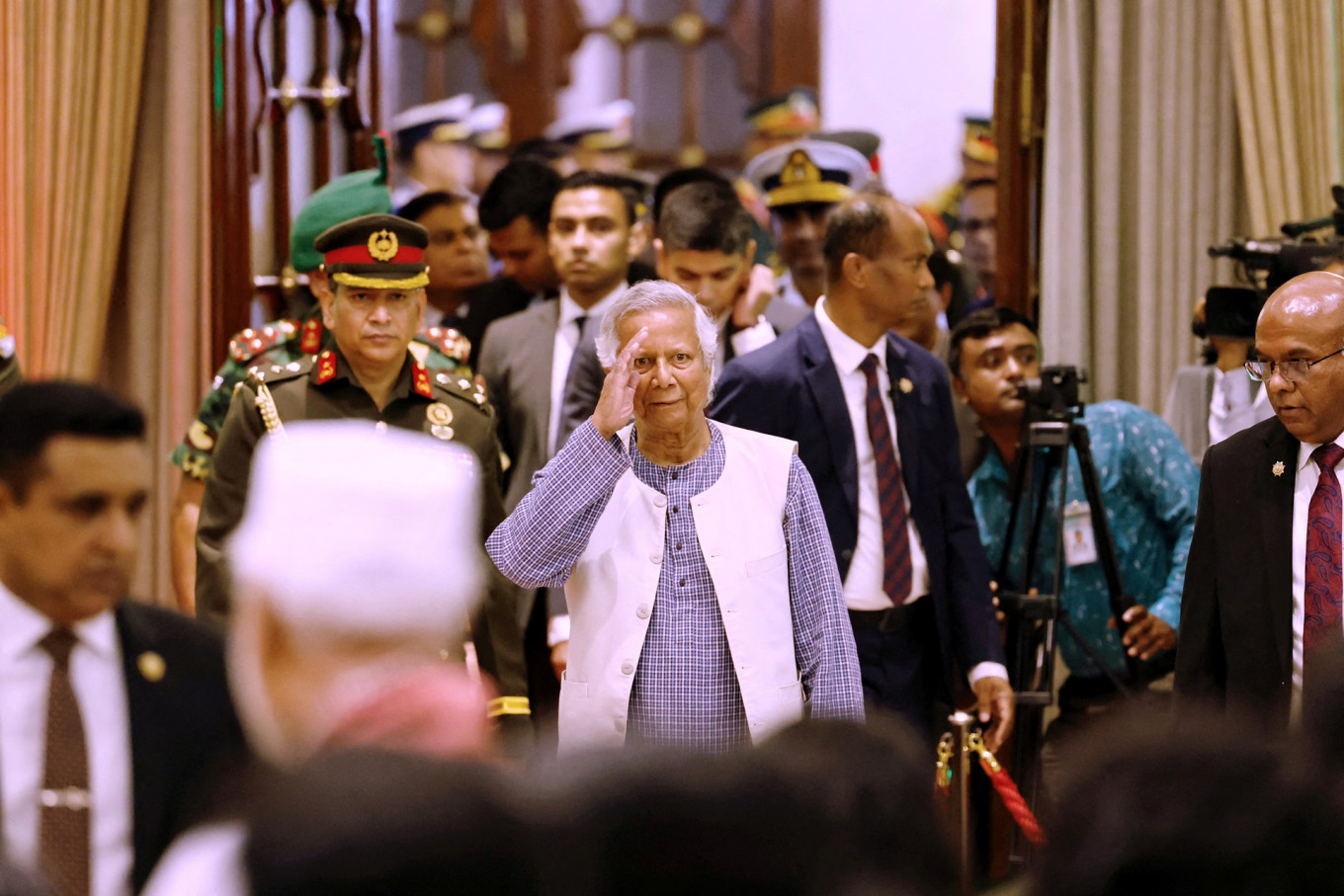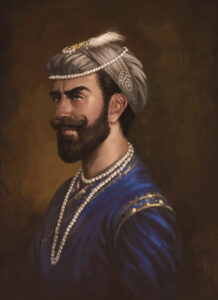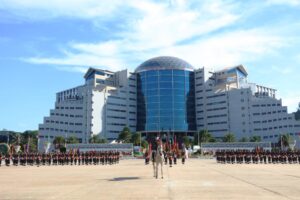This content is restricted to site members. If you are an existing user, please log in. New users may register below.
Islam and Bangladeshi Nationalism: A Pillar of Identity, Unity, and Sovereignty

Reading Time: 5 minutes In the complex socio-political mosaic of South Asia, the ideological foundation of national identity has long been a contested space. Bangladesh, born through a bloody struggle in 1971, stands as a nation where language, culture, and faith intertwine in unique ways. While Bengali linguistic identity was the immediate rallying point of the independence movement, the role of Islam in shaping Bangladeshi nationalism remains profound and under-acknowledged. Contrary to the assertions that Islamic values dilute Bengali culture, Islam in Bangladesh acts as a cohesive force of national identity, offering resistance to Indian cultural hegemony and forming a core ideological counterweight to pan-Indian constructs such as Akhand Bharat. Islam as an Indigenous and Unifying Identity Bangladesh is home to over 170 million people, with nearly 91% identifying as Muslim. This is not merely a statistical reality but a socio-political truth deeply embedded in the national psyche. Islam arrived

